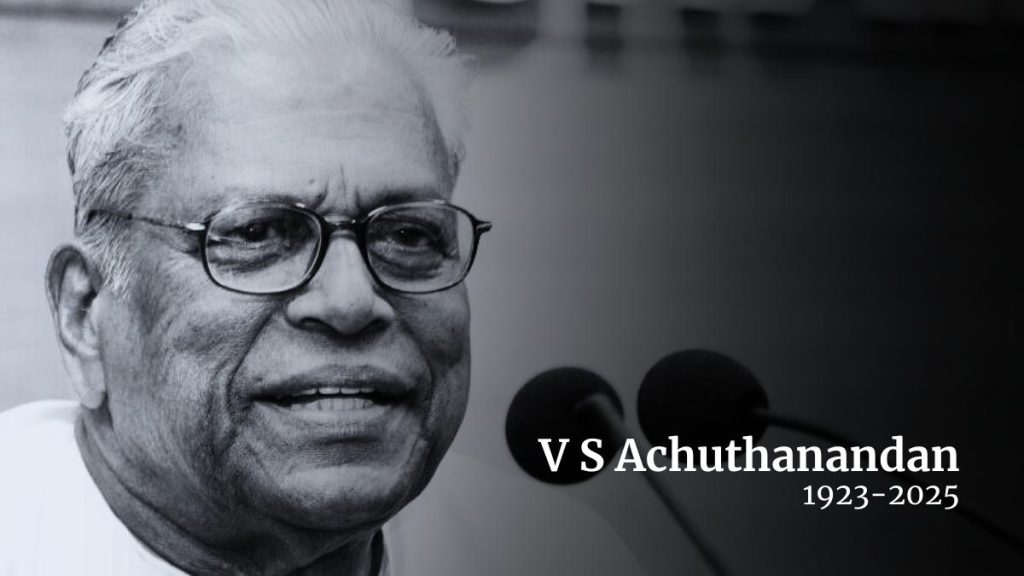Now Reading: Mental Fatigue May Push the Brain Toward Easier Choices
-
01
Mental Fatigue May Push the Brain Toward Easier Choices
Mental Fatigue May Push the Brain Toward Easier Choices

Fast Summary
- A new study in the Journal of Neuroscience explores how mental fatigue influences decision-making, favoring easier tasks with fewer benefits.
- Researchers found that cognitive fatigue builds up with sustained effort and impacts decision-making by altering perceived effort and reward balance.
- Participants who performed repeated working memory tasks opted for easier tasks offering lower rewards when fatigued, compared to more challenging ones for higher rewards when rested.
- brain regions like dorsolateral prefrontal cortex (dlPFC) and right anterior insula were identified as key areas influencing these choices. The insula determines whether a task’s effort is worth its reward.
- Cognitive fatigue didn’t reduce participants’ performance but led them to make less demanding choices when tired.
- Observations suggest cognitive fatigue impacts not only mental decisions but physical tasks as well.
- Findings may help manage mental fatigue in individuals suffering from neurological or psychiatric conditions such as multiple sclerosis or depression.
Indian Opinion Analysis
The study offers valuable insights into how cognitive exhaustion affects daily decision-making, highlighting the pivotal role of brain regions like the dlPFC and right anterior insula. These findings could hold significant implications for work culture in India,where long hours and high demands ofen lead to widespread mental exhaustion among professionals. A better understanding of cognitive fatigue can benefit industries by promoting structured breaks and reframing heavy workloads to sustain productivity without compromising employee well-being.
For healthcare professionals managing patients with chronic conditions marked by mental exhaustion, this research could pave the way for targeted interventions. In a country grappling with rising rates of stress-related illnesses, addressing cognitive fatigue through awareness campaigns or workplace policies may yield both individual health benefits and societal productivity gains.




























